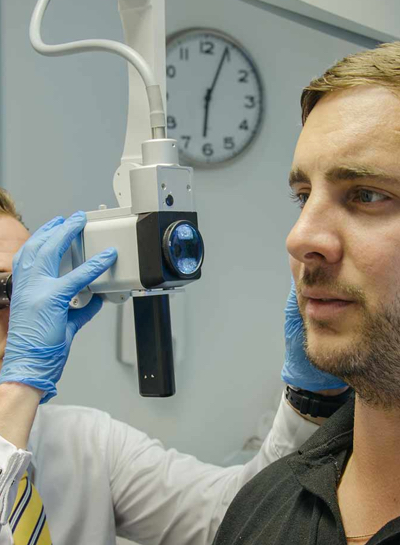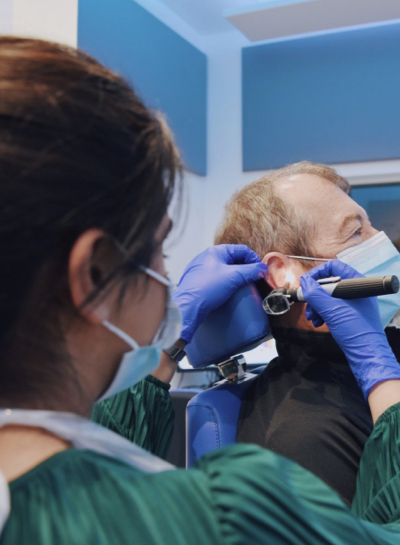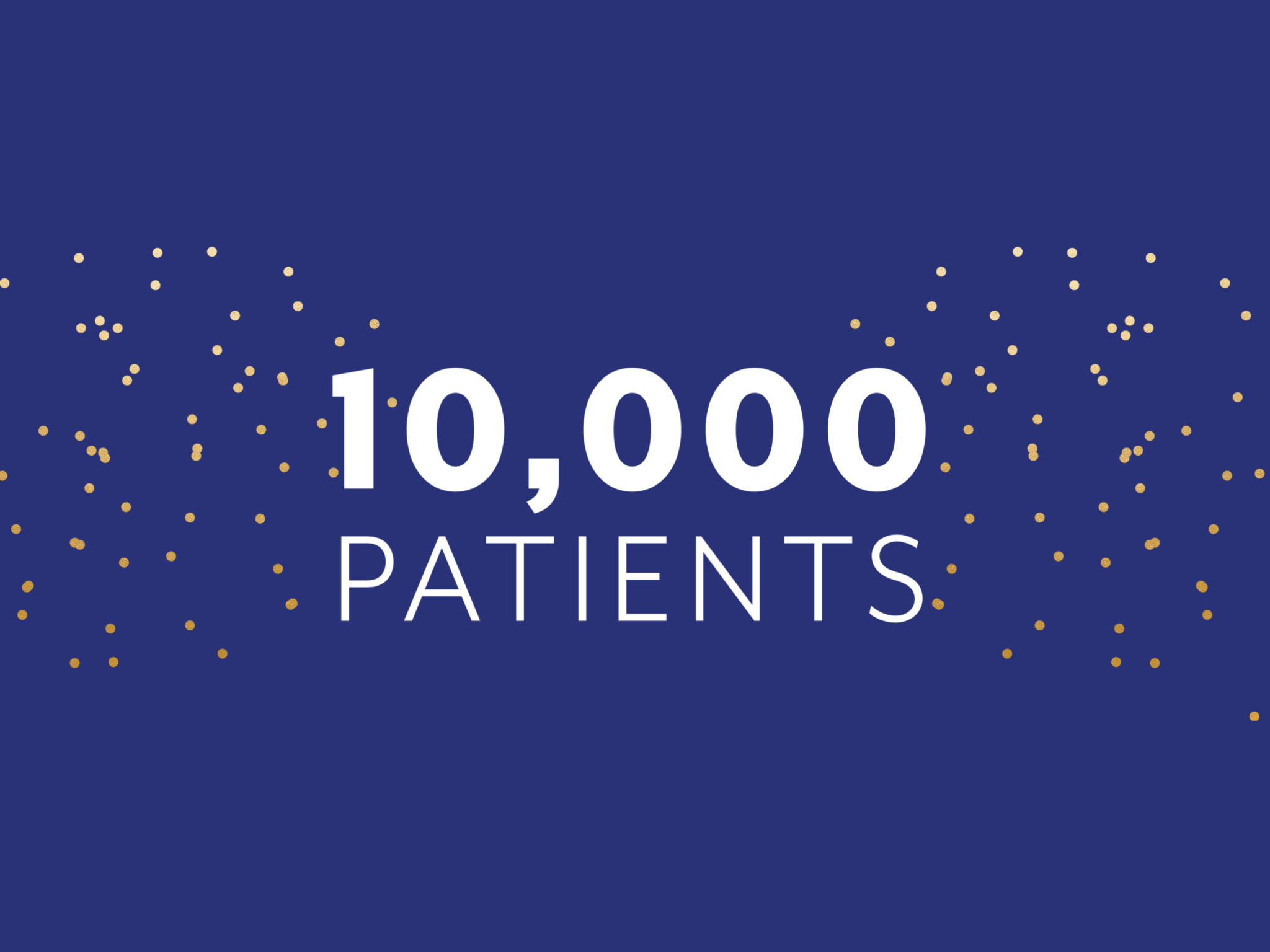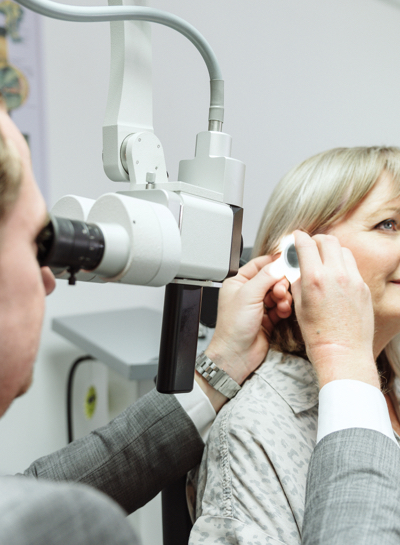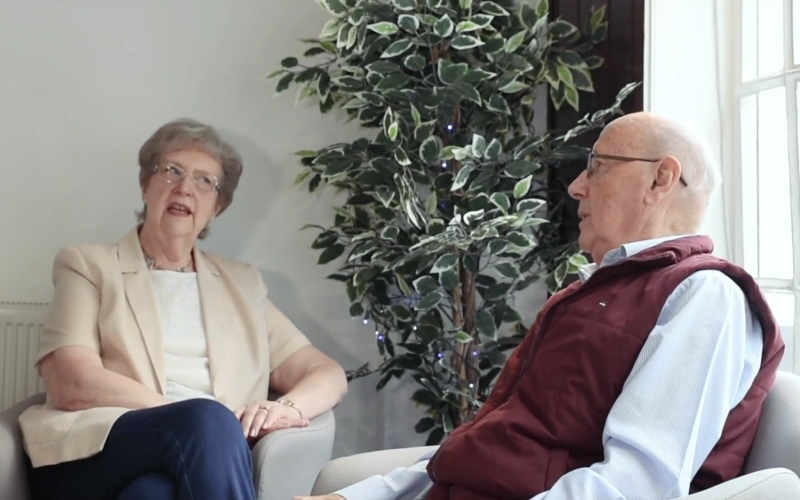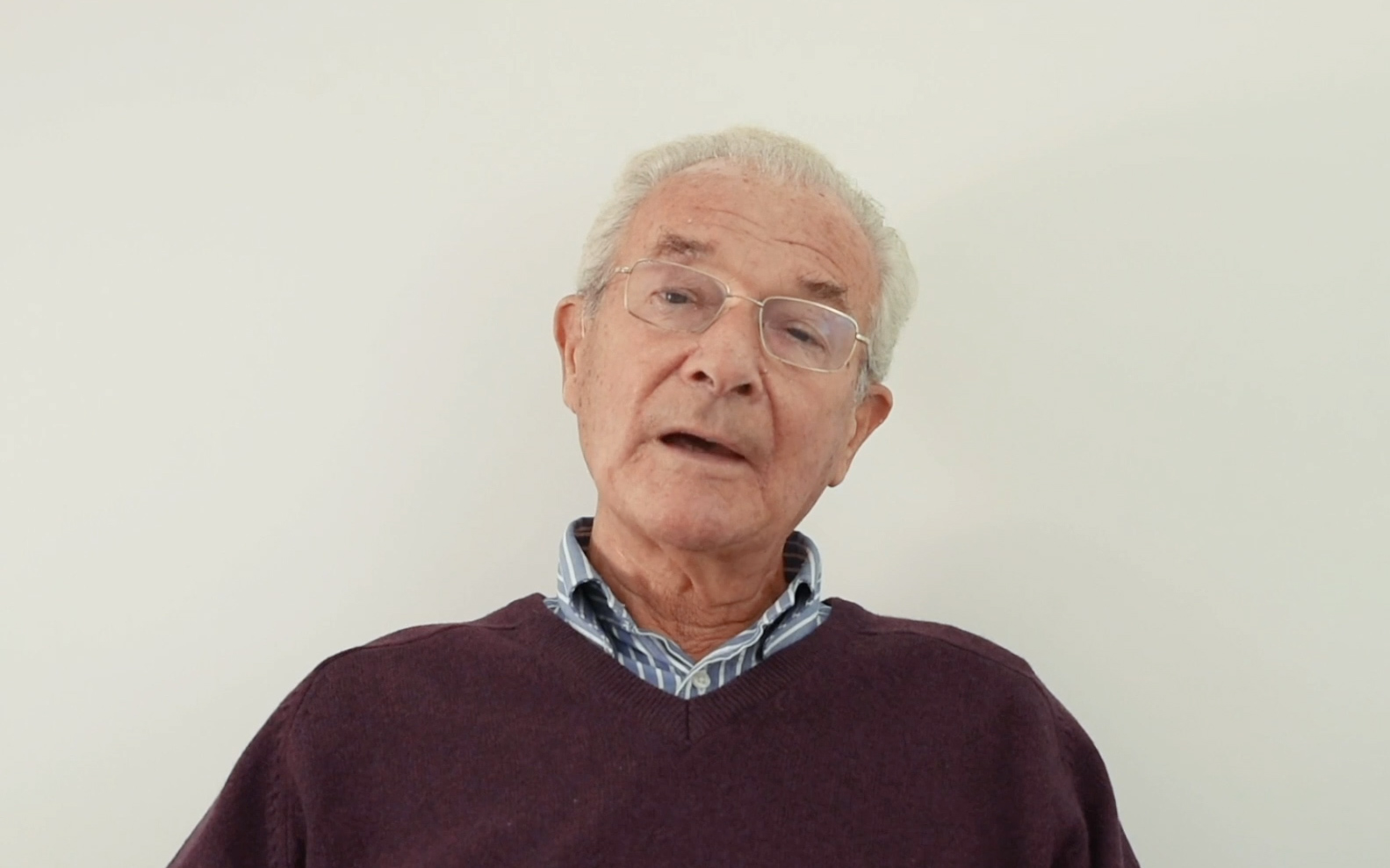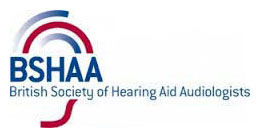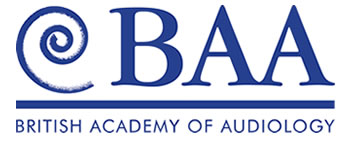Hearing loss and chemotherapy – what’s the connection?
Widex, one of the hearing aid manufacturers we provide in Worcester released a good article a while ago on the connection between chemotherapy and hearing loss. Life expectancy and survival rates of cancer sufferers is improving all of the time because of modern break throughs in treatment. While this has to be seen as a fantastic thing it also means that survivors are seeing side effects of treatment that weren’t seen before. We decided to delve a little deeper into what exactly that means when it pertains to hearing loss.
The recognisable side effects of chemo
Hair loss, weight loss, and nausea are the most instantly recognisable side effects of chemotherapy. However, with the use of modern chemo drugs, one of the more hidden side effects is ototoxicity. Certain cancer drugs are ototoxic to humans, this means that they are damaging to the structures of the inner ear, the cochlea. This ototoxicity causes irreversible hearing loss.
Increasing survival rates for cancer sufferers
Treatment for cancer has come a long way in recent years. Many cancers that were once fatal are now seen as treatable and survival rates are increasing for many common types of cancer. As we said, this is great news, but it also means that for the first time cancer survivors are experiencing longer-term side effects as a result of their treatment. Here’s what you need to know if you are undergoing chemotherapy.
How common is hearing loss from chemotherapy?
Unfortunately this isn’t an easy question to answer, it is difficult to estimate how many people will suffer with a hearing loss as a result of chemotherapy treatment. According to the University of Arizona Cancer Center,
“Hearing loss has become one of modern cancer therapy’s most prevalent side effects. In fact, hearing loss is among the most underreported, yet potentially devastating, side effects endured by many chemotherapy patients.”
Why could I develop hearing loss from chemo?
The main reason why hearing loss is a side effect of chemotherapy is the use of newer chemotherapy agents like cisplatin and carboplatin. These treatments are hugely successful life saving treatments for cancer. Unfortunately, they can cause toxic damage to the inner ear. That damage starts in the high frequencies of hearing at first. Most sounds in speech commonly occur in lower frequencies, for this reason, chemotherapy patients often don’t realize that it is happening. As treatment continues, the hearing loss can become worse, more noticeable and tinnitus can occur.
What Can You Do?
You should get a hearing test before starting chemotherapy treatment. This will establish a known baseline for your hearing that can be used to determine whether or not your hearing becomes worse during and after treatment. After that initial hearing tes, you should have semi regular hearing tests throughout your treatment. This will allow you to monitor your hearing during treatment. the key thing to remember with ototoxicity is that unlike many types of hearing loss, hearing loss from ototoxicity can come on suddenly and can range from mild hearing loss or tinnitus to near deafness.
Is their treatment for ototoxicity?
There is no cure for hearing loss caused by ototoxicity, but there are ways to lessen the symptoms. If you suffer this type of hearing loss hearing aids could be a real solution for you. Tinnitus management devices and other forms of tinnitus sound therapy can also help control any ringing and buzzing in your ears that develops. If you are worried about hearing loss from ototoxicity or any other cause, please don’t hesitate to contact us at our hearing aid centre in Worcester


 Request An Appointment
Request An Appointment
